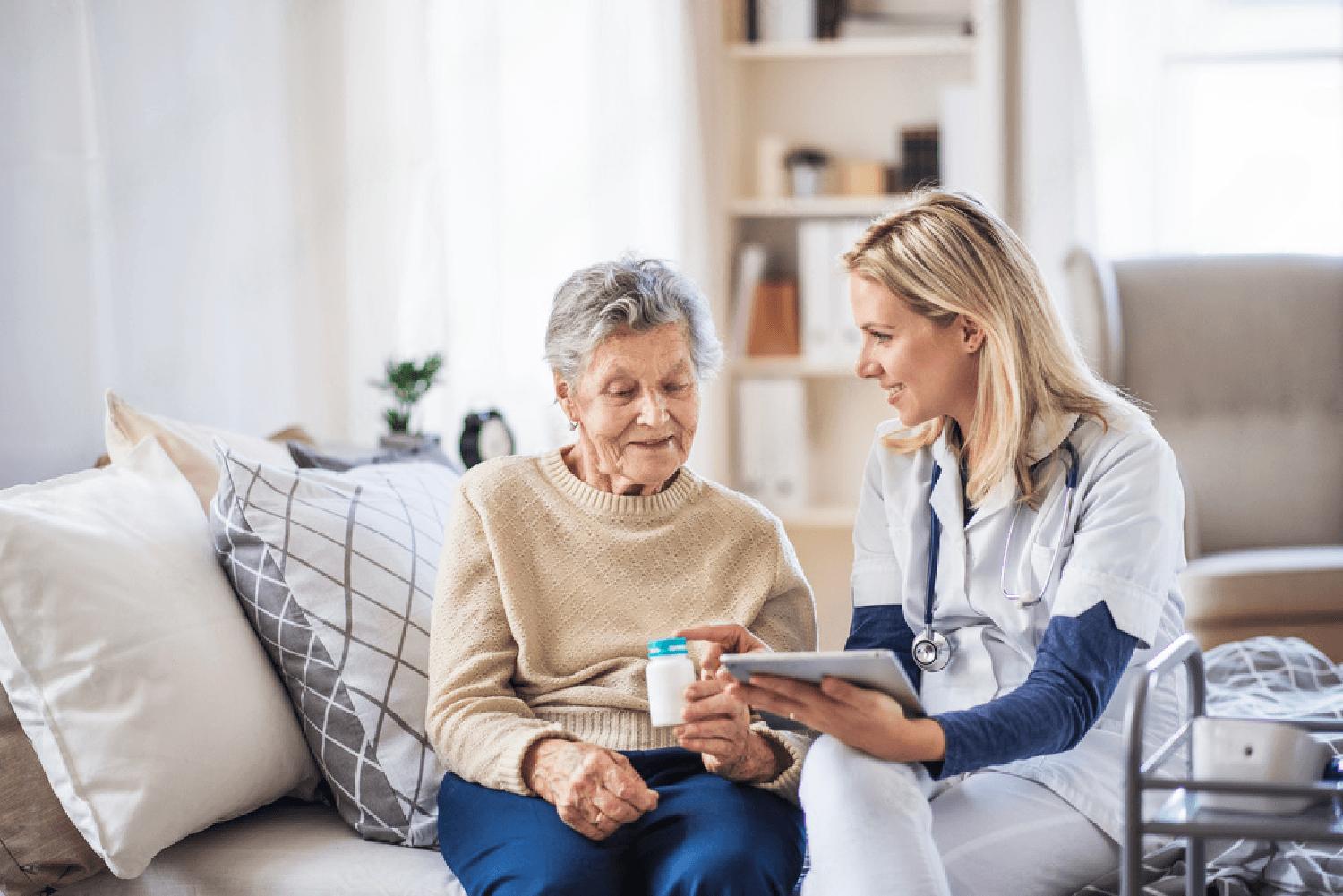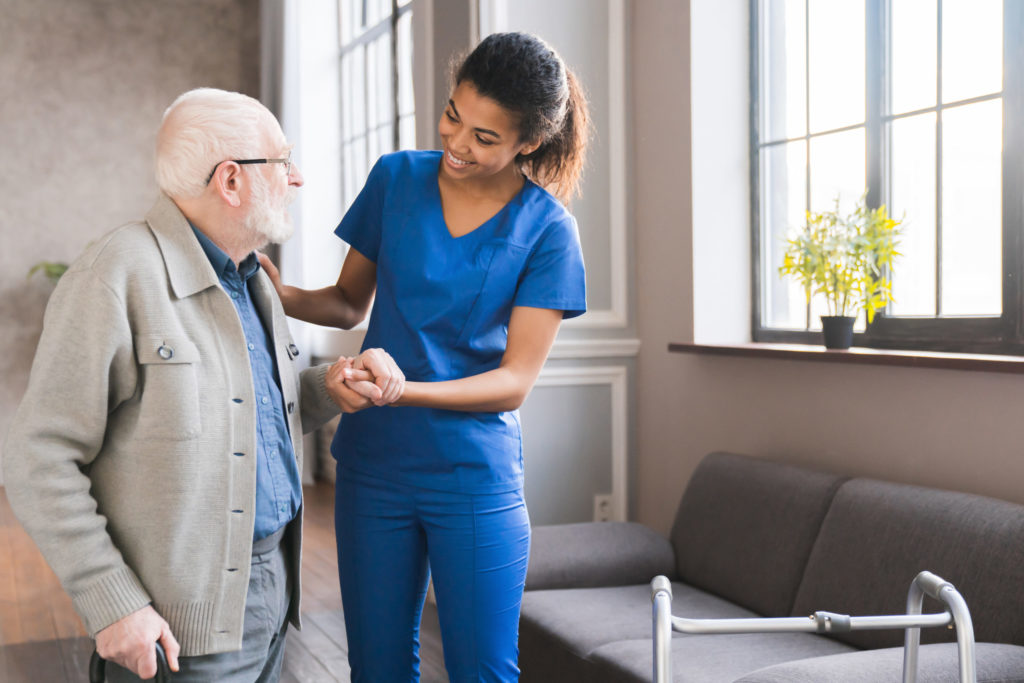Since the onset of the COVID-19 pandemic, elderly individuals have faced heightened risks and increased fears about their health and safety. The elderly population is among the most vulnerable to severe complications from COVID-19, as they are more likely to have underlying health conditions such as heart disease, diabetes, and respiratory issues. This vulnerability has created a pervasive sense of fear among seniors, which, while rooted in legitimate concerns, can have significant impacts on their mental well-being and quality of life.
Understanding the fears surrounding COVID-19 and taking proactive steps to protect elderly individuals is crucial. Beyond physical health measures, supporting their mental and emotional well-being is essential for helping them navigate this challenging time.
Understanding the Fear of COVID-19 Among Seniors
For many elderly individuals, the fear of contracting COVID-19 is a daily concern. Reports early in the pandemic highlighted the disproportionately high mortality rates among seniors, fueling anxiety and uncertainty. Additionally, social isolation—intended to protect their physical health—has often led to loneliness, depression, and feelings of being disconnected from loved ones. These fears can further weaken their resilience, making it harder for them to cope with the challenges of the pandemic.
Elderly individuals may also worry about their ability to access timely medical care, particularly if hospitals are overwhelmed, or they may feel uncomfortable seeking help for unrelated health issues out of fear of exposure. This concern for their well-being underscores the need to provide seniors with both practical support and reassurance.
Preventive Measures to Keep the Elderly Safe and Reassured
Protecting elderly individuals from COVID-19 involves both preventive actions and mental health support. The following measures can help address their physical safety and reduce their anxieties.
Encourage Vaccination and Booster Shots
Vaccination remains one of the most effective ways to reduce the severity of COVID-19 infections. Many seniors have already received initial vaccine doses, but ensuring they get any recommended booster shots can enhance their immunity. Providing clear, updated information on the benefits and safety of vaccines can help alleviate their concerns and provide them with a sense of protection.
Promote Good Hygiene and Sanitation Practices
Simple hygiene practices can significantly reduce the risk of COVID-19 transmission. Encouraging regular handwashing, use of hand sanitizers, and disinfecting frequently-touched surfaces can provide seniors with added protection. These small routines can also empower them to feel more in control of their environment.
Encourage Masking and Social Distancing in Crowded Settings
For elderly individuals who must go out in public, such as to medical appointments, wearing masks and maintaining social distance can lower their exposure risk. Choosing less crowded times for necessary outings and encouraging mask-wearing in indoor settings are additional protective measures that can bring them peace of mind.
Limit Unnecessary Outings and Use Contact-Free Services
Encouraging elderly individuals to avoid crowded spaces and use delivery services for groceries and medications can minimize their exposure to the virus. Friends, family members, and caregivers can also assist by handling errands or arranging for contactless delivery services. This approach allows seniors to safely access necessities without compromising their health.





0 Comments